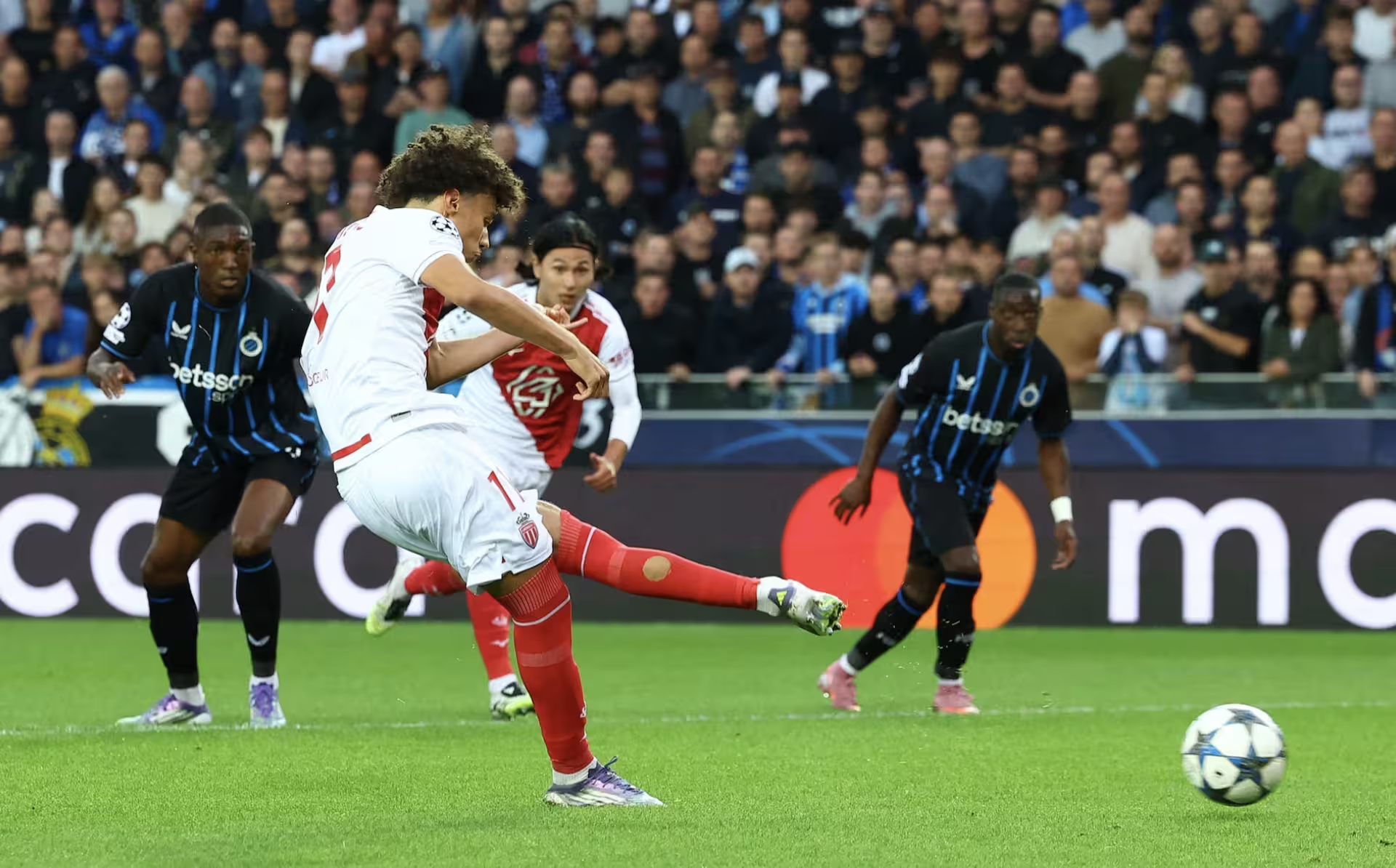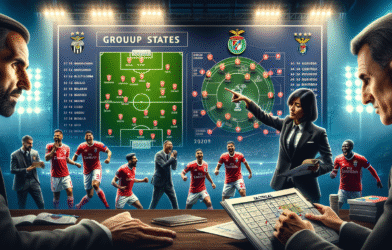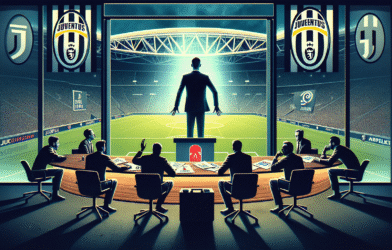Subtotal $0.00
Result at a glance
Club Brugge 4-1 Monaco delivered a commanding result in the Champions League group-stage clash at the Jan Breydel Stadium, instantly signalling Brugge’s intent for the campaign. From the opening whistle, the Belgians pressed high, unsettled Monaco, and dictated the tempo for long periods. The scoreboard tells part of the story, but this performance also highlighted Brugge’s depth in attack, cohesion in midfield, and a willingness to press relentlessly. This was more than a win; it was Brugge laying down a statement of purpose in Europe.
In the broader context, Club Brugge 4-1 Monaco reinforced Brugge’s growing stature in the group. The hosts controlled phases with press and pace, exploiting transitions and rotating options to keep Monaco off balance. By half-time, the lead reflected not just finishing quality but a disciplined game plan executed with clarity. Fans and analysts alike left the stadium acknowledging Brugge’s potential to compete with Europe’s elite, while Monaco faced a stern test ahead in a tough group. For official details, see UEFA and Club Brugge.
Early turning point: Mignolet’s penalty save
A pivotal moment arrived early when Simon Mignolet denied Monaco from the spot, a save that changed the mood inside the stadium and jolted Brugge to a higher intensity. The stop prevented an early setback and allowed Brugge to trust their pressing game more, feeding confidence through the rest of the first half. In a match defined by momentum swings, the goalkeeper’s heroics became the catalyst for Brugge’s subsequent dominance and set the tone for Club Brugge 4-1 Monaco.
That save reverberated beyond the moment itself, crystallising Brugge’s plan: press, win back quickly, and convert chances with clinical finishing. It wasn’t a one-off; Tresoldi, Onyedika, and others seized the chance to push forward, while the crowd found their voice as Brugge took control. The significance of the stop was not merely psychological; it directly altered the tactical balance and reinforced Brugge’s authority on the night. Detailed reaction and notes are available at UEFA.
First-half domination and goalscorers
Brugge seized control from the opening whistle, translating early pressure into a three-goal salvo before the break. Tresoldi opened the scoring with a composed finish, arriving in advanced spaces and finishing with precision. Onyedika then delivered a dynamic, box-to-box display, breaking lines and driving transitions that unsettled Monaco. Vanaken completed the trio with a well-timed strike, illustrating Brugge’s attacking depth and midfield cohesion. This first-half sequence underscored that Club Brugge 4-1 Monaco was built on a balanced blend of tempo, technique, and finishing quality.
The pressing intensity and calculated transitions kept Monaco from settling, while Brugge’s backline remained compact in possession and quick to shut down counter-attacks. The three goals were not flukes but the product of a sustained plan, smart movement, and clinical finishing. Club Brugge 4-1 Monaco became a showcase for Brugge’s ability to impose themselves in Europe, with Tresoldi, Onyedika, and Vanaken leading the charge and setting a benchmark for the remainder of the group stage. For more on the players’ profiles, visit the club site or match highlights on UEFA pages.
Monaco’s late consolation by Ansu Fati
Monaco found a late moment of consolation when Ansu Fati found the net, sparing some blushes and adding a veneer of respectability to the final scoreline. The goal arrived too late to alter the flow of the game, but it did remind Brugge of the need to stay sharp until the final whistle and to manage the clock when a large lead is on the line. The strike did little to change the overall tone of the night, which was defined by Brugge’s relentless pressing and efficient finishing.
Even with the late goal, Club Brugge 4-1 Monaco stood as a clear summary of Brugge’s performance: organization, pace, and a constructive use of a deep attacking bench. Monaco will assess what adjustments are required to avoid repeats in future meetings, particularly away from home in a group where every result matters. For continued coverage, see official reports and post-match analysis at UEFA and Monaco FC.
Player spotlights: Tresoldi, Onyedika, Vanaken, Mamadou Diakhon
Tresoldi
Tresoldi showed intelligent movement and a fearless finish, matching Brugge’s early pressure with a clinical edge in the box. His goal contributed to a first-half surge and demonstrated his ability to seize opportunities in advanced roles. This night added another dimension to Brugge’s forward options and reinforced his role as a key contributor in big European occasions.
Onyedika
Onyedika provided relentless energy and intelligent ball progression, acting as a bridge between defense and attack. His ability to drive forward and pick passes helped Brugge break lines and sustain pressure. The midfielder’s work rate and decision-making were central to the host’s control of the game, making him one of the standout performers in a commanding performance.
Vanaken
Vanaken offered experience and finishing prowess, arriving at crucial moments to convert chances and cap the three-goal burst before the break. His contribution highlighted Brugge’s attacking depth and provided a steady goal threat from midfield. The Belgium international’s composure under pressure helped maintain Brugge’s momentum across the half.
Mamadou Diakhon
The young Diakhon added a late fourth, capping Brugge’s day of opportunities with a timely strike. His cameo illustrated Brugge’s willingness to rotate attacking options and reward youth development with first-team chances. Diakhon’s goal underlined Brugge’s forward-minded approach and depth in the squad as the campaign unfolds.
More about Tresoldi, Onyedika, Vanaken, and Diakhon can be found on the club’s official site and in ongoing Champions League features at Club Brugge and UEFA.
Tactical analysis: Brugge’s relentless pressing
Brugge’s relentless pressing was the engine behind their dominance. The hosts pressed high and early, forcing Monaco into hurried passes and lost possessions in dangerous areas. The pressing was organized, with compact lines that trapped Monaco in wide areas and allowed quick transitions to exploit space behind the visitors’ defense. The tactical approach kept Monaco unsettled and prevented any sustained build-up, enabling Brugge to control the tempo and keep the ball in dangerous areas throughout the first half.
The team’s shape and switching play created a constant threat, with rapid overloads on the flanks and smart rotations that opened lanes for diagonals and through-passes. Brugge’s midfielders supported the forward line with discipline, ensuring that turnovers translated into clear scoring opportunities. The result was a coherent, well-executed plan that bridged pressing intensity with clinical finishing, reinforcing Brugge’s reputation as a team capable of beating strong sides on the European stage.
Implications for Champions League group standings
The victory bolsters Brugge’s position in the group, not just in terms of points but in confidence and momentum. A dominant home performance against a direct rival signals that Brugge can compete with the European heavyweights, potentially reshaping expectations for the remainder of the group stage. Monaco must regroup quickly, addressing their defensive transitions and consistency in attack if they hope to translate potential into results in upcoming fixtures.
As the group table takes shape, Brugge’s win contributes to a dynamic, competitive group where home advantage matters and where squad depth can influence outcomes in tight matches. The result adds impetus for Brugge’s strategic plan this season and provides a platform for continued growth in Europe. For ongoing standings and match-by-match analysis, check UEFA and club press releases.
What’s next for Brugge and Monaco
Brugge will look to build on this breakthrough performance by maintaining intensity and rotation across fixtures in the coming weeks. The challenge will be to sustain high pressing levels while managing fatigue and maximizing depth across the squad. This result creates a platform for further European breakthroughs, with the team likely to approach subsequent matches with renewed belief in their capacity to compete at the highest level.
Monaco, meanwhile, must reassess after a heavy away defeat. They will aim to return to form quickly, tighten defensive transitions, and translate chances into goals in their next assignments. The learning from this outing should inform tactical tweaks and squad management as they prepare for the rest of the group phase. Stay updated with official previews and post-match analysis at Monaco FC and UEFA.’













